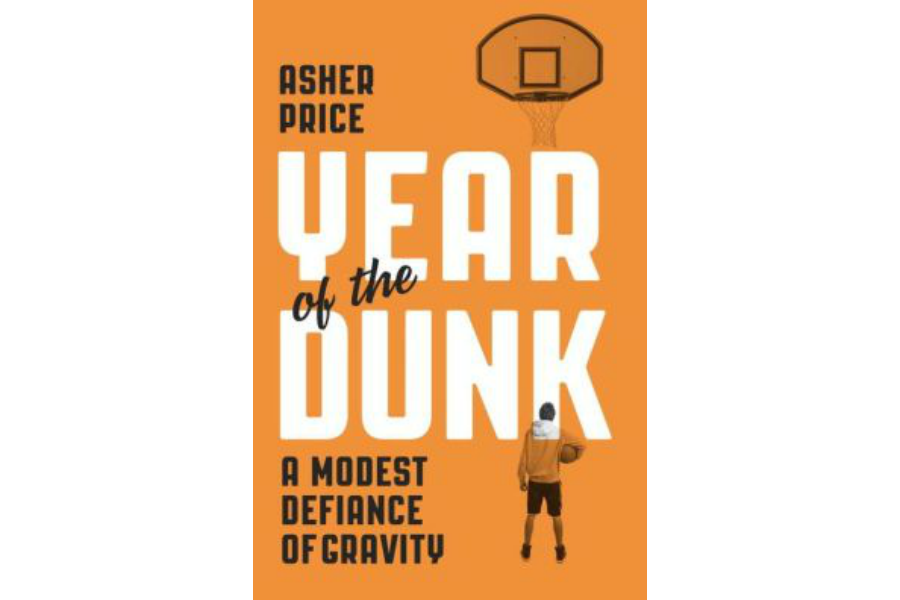Those looking for an intriguing, offbeat sports book need look no further than Year of the Dunk, which chronicles the odyssey of a weekend warrior’s attempt to dunk a basketball. Although six-plus-feet tall, Asher Price had never tried dunking during his so-called sports prime, but decides to explore his untapped athletic potential as he approaches middle age. An energy and environmental reporter for the Austin American-Statesman in Texas, Price examines the science and cultural significance of the dunk along way, in a story well seasoned with both humor and poignancy.
Here’s an excerpt from Year of the Dunk:
“Could Abe Lincoln dunk?
“In the darkness of the theater, watching Daniel Day-Lewis play the president, most moviegoers, I’m sure, were captivated by the vote-getting needed to abolish slavery. But I began wondering whether Lincoln could have dunked, had basketball been invented when he was a young man. As far as I know, none of the many Lincoln biographies speculates on the matter. On the one hand, he was 6’4” and grew up a rail-splitter. He must have been a strong man. And you get the sense – maybe it’s just because of the Lincoln Memorial – that the guy had big hands, big enough to palm a basketball. On the other hand, he doesn’t look like the dunking type: thin of bone, and narrow-kneed. Preoccupied, certainly. And did they even jump back then? I mean, beyond Lincoln’s serious and studious and presumed disinclination to jump; I mean, why would they have jumped after childhood? They were not playing pickup baseball or basketball, after all. Did adults even play sports before the late nineteenth century?”







